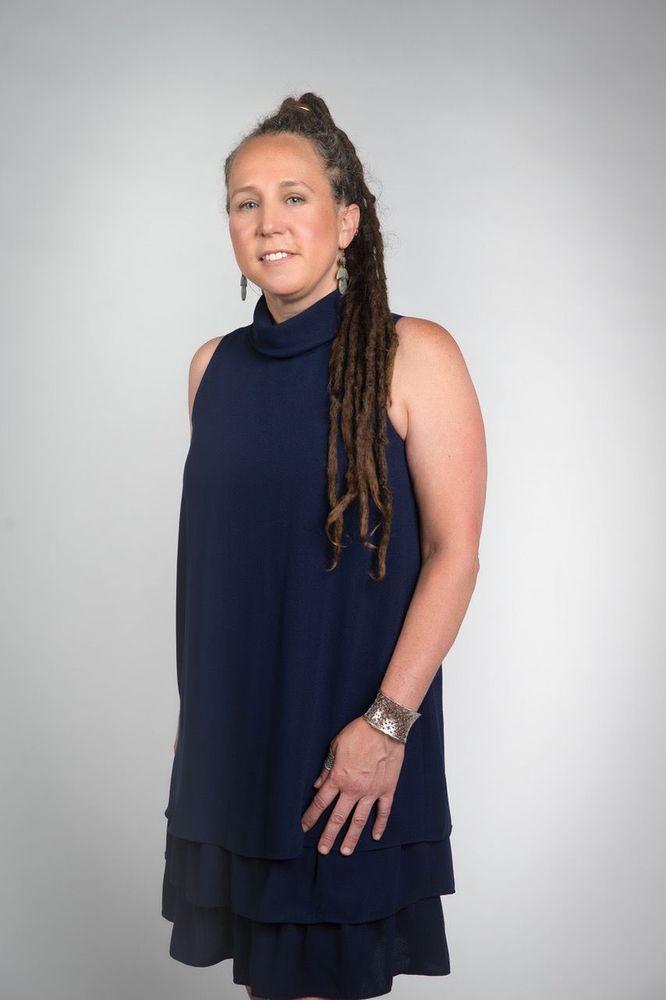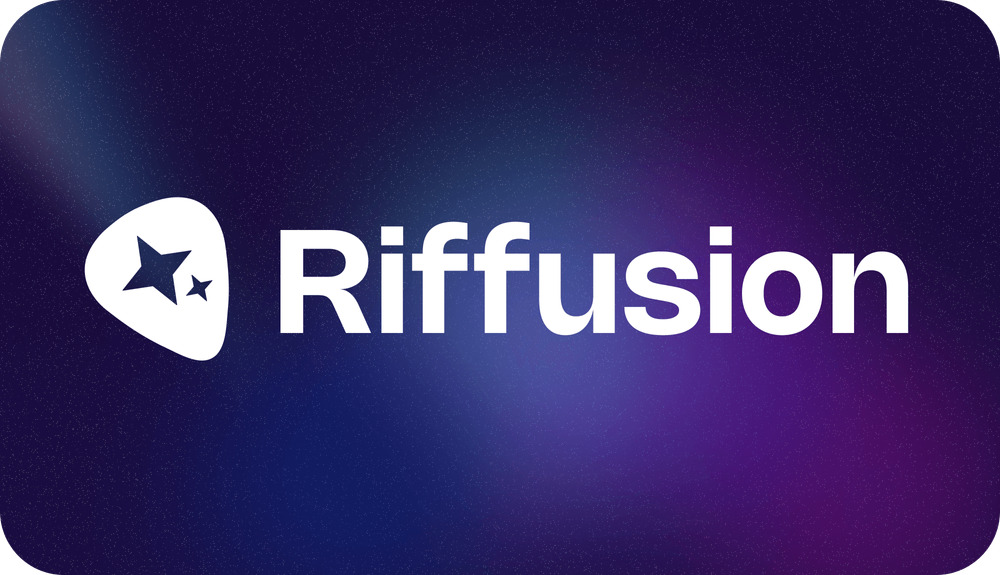Keynote Speaker

This speech explores the complex relationship between artificial intelligence and the music industry, tracing the evolution from early digital disruptions like Napster to today's AI-driven landscape. It examines how streaming platforms revolutionized music consumption and distribution, while also introducing new challenges such as streaming fraud. The speech delves into AI's multifaceted impact on music creation, production, and personalization, highlighting both its transformative potential and ethical concerns. The presentation also addresses controversial uses of voice AI technology and the legal and ethical considerations surrounding AI training data, including a fair use arguments and budding internal laws. Finally, we address proposed solutions, including the use of transparent attribution systems modeled after YouTube’s Content ID and policies for opt-in/out rights management. This keynote calls for a balanced approach, urging collaboration between artists, technologists, and policymakers to ensure that AI’s integration into music creation and distribution respects artistic integrity and promotes innovation.
ELIZABETH MOODY, partner and chair of Granderson Des Rochers, LLP's New Media Group, is a pioneer in the digital media world. Moody has been spearheading digital music and video initiatives since the post-Napster era, both as outside counsel, and as a business executive in-house at companies like YouTube and Pandora. Today, Moody remains positioned at the intersection of technology and music rights and continues to advise her technology and rightsholder clients toward new and innovative business models and licensing deals.
Moody is at the forefront of the developing issues and opportunities that AI presents to the music and entertainment industries. She counsels several prominent generative voice and audio AI companies, advises the non-profit Fairly Trained, which certifies AI companies who are training the data sets with fairly acquired, licensed or owned data, and Audioshake, an AI-based stem separation tool in use by record labels, movie studios, and entertainment companies today to ease production and marketing.
She is also keyed into the gaming and the web 3.0 world. She is partnerships counsel for the gaming company Roblox and also works closely with Wave XR, a virtual reality concerts start-up that works with artists to create unique live performances as avatar versions of themselves in imaginative digital landscapes. She developed and continues to grow Styngr’s efforts to power music in video games and online gaming experiences.
Along with gaming and the metaverse, she is passionate about the opportunities web 3.0 will bring to the music community and creators. She represents Audius, the blockchain-based music streaming service, in its efforts to help creators and their fans connect more authentically by embracing the opportunities offered through a decentralized network and Revelator, an all-in-one music platform providing digital distribution, analytics, and web 3.0 services to artists, record labels and publishers. She advises Copyright Delta, providing data connections to rights holders and AI tech platforms.
Moody is excited to bring opportunities to the music industry by forging deals with those in industries outside of music, including at the intersection of music and fitness. She represents connected fitness, yoga, pilates, mindfulness, cycling, and dance services to help them integrate music into their services. She has worked closely with Hydrow, the successful Peloton-style live reality-connected rowing experience, since its launch in 2019. She believes that VR plays an important role in fitness and works with Litesport and FitXR to ensure they have access to top-notch music experiences. She has also been working in the medical and wellness space exploring licensing structures to use music in the treatment of pain, dementia, and mental illness concerns through her work with MediMusic and her advisory participation on the board of Music Health.

